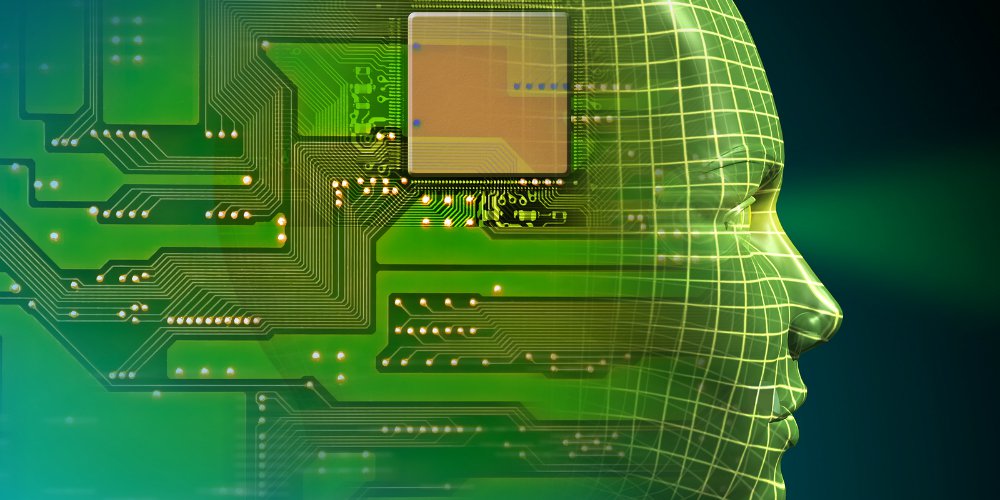Technologies such as drones, virtual reality (VR) and 3D printing are no longer simply the domain of multinational companies.
Innovations like these are becoming more affordable and are sure to offer interesting opportunities for savvy SMEs. So what’s possible at the moment?
Work smarter, not harder
As fun as gadgets like these might be, they’re actually just the beginning of how the internet of things is set to automate our lives – not only at home, but in the workplace too.
Simple and affordable tools for automating processes and tasks are already available for SMEs, with smart solutions and artificial intelligence not far behind.
An effective office automation tool will take a task out of an employee’s hands and give it to a computer, saving time and money for businesses.
For example, time-consuming bookkeeping can be simplified with real-time insights accounting tools such as Sage Accounts Professional.
Meanwhile, products such as Microsoft’s Office suite provide resources to keep a company’s digital infrastructure consistent, accessible and secure.
Virtual reality with a view
From immersive looks inside dream homes to choosing the perfect holiday apartment, VR is allowing us to do more and more from the comfort of our living rooms.
Mainstream VR headsets have arrived and a combination of increased affordability and growing consumer interest makes the technology appealing for SMEs.
Samsung’s Gear VR system allows users to clip a compatible smartphone into a headset, and Google even offers a no-frills VR headset made from cardboard, allowing anyone to view virtual worlds at an incredibly low cost.
VR has exciting implications for a range of industries, with property and travel leading the charge.
Holiday agents and property developers have begun offering prospective customers virtual guided tours of hotels and houses. Using VR headsets, potential buyers or holidaymakers can view dozens of options from their own sofa.
Finding higher vantage points
Drones have come down in price significantly over the past few years, and these days quadcopters are just as likely to be found in children’s toy shops as on the shelves of specialist technology vendors.
But far from being just a novelty Christmas present, drones could fundamentally change how businesses operate.
Already companies including Amazon and Domino’s Pizza are trialling drone delivery services, while energy firms use them to monitor assets such as pipelines, power pylons and wind farms.
Cutting the assembly line
Previously seen as unaffordable, the falling cost of 3D printers means they’re quickly emerging as a viable prospect for SMEs to use in their work.
By producing components in-house through 3D printing technology, UK manufacturers can save time and money that would otherwise be spent sourcing components from overseas.
Being able to produce parts on a whim also enables companies to rapidly prototype ideas or modify existing products to meet changing demand.
With a growing number of affordable 3D printers available, more entrepreneurs will soon be able to test the technology for themselves.
As the latest technologies move out of the realms of the imagination and into the fabric of our daily lives, SMEs are well-placed to identify the business opportunities these new developments present.



